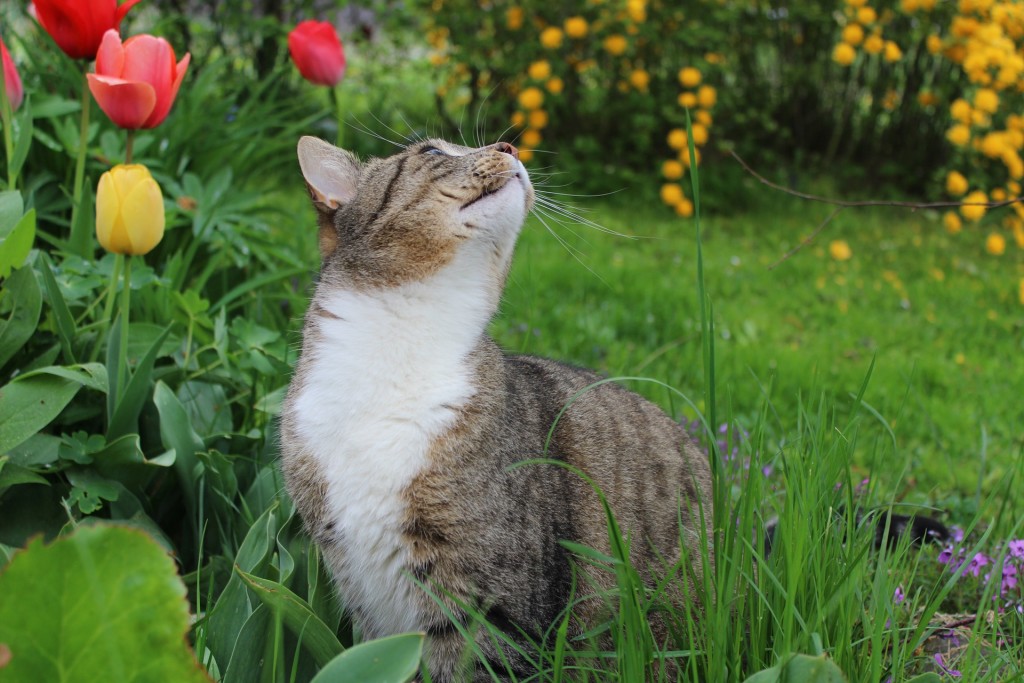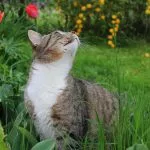Is Your Garden Pet Friendly?

As the weather warms up and we spend more time in the garden, it is important to make sure that your pets are safe from any hidden dangers. We have put together a quick guide to help you make health conscious decisions for your pets this spring.
Lungworm.
Any pet owner understands the dangers of lungworm to pets, it is especially common in cats and dogs. It is picked up by pets eating slugs and snails, who carry the infection. Lungworm can be fatal to pets, however slug pellets - including some of the ones described as ‘safe’ - can be toxic to pets. Therefore it is far safer to stick to barriers like soot, sharp sand and beer traps.Avoid dangerous plants.
Some plants are extremely dangerous to pets, for example, lilies - the leaves, flowers and pollen - are extremely toxic to cats even in tiny quantities. Crocuses are a good alternative for spring colour to daffodils, which are also poisonous, however avoid cultism and autumn crocuses as they are toxic. Be aware that most plants that grow from bulbs and most evergreens are poisonous for rabbits.Choose robust plants but beware of thorns, especially at eye level. Many herbs, including rosemary, lavender and sage are safe choices.
Enjoy yourself.
Don’t forget to enjoy your garden. It you don’t have trees, your cat can still climb a ladder. Put a scratching post in a prominent position, cats like to sit high up. Also consider adding a sandbox so that your dog can dig for treats without spoiling your lovely flower beds. bird tables can be an attractive addition to your garden, just be sure that your flying visitors don’t end up as a tasty snack for your cat!Here is a list of plants, fruits and vegetables that can be toxic for your pet. The ones in bold are potentially fatal, so take care to avoid these.

